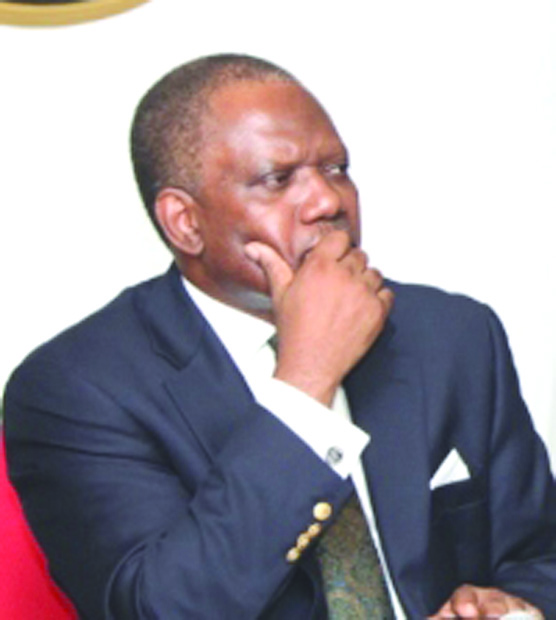[tweet][digg][stumble][Google][pinterest][follow id=”DER29709692″ size=”large” count=”true” ]
Many hoteliers in Lagos are now gripped with fear as the state government embarks on the re-classification of hotels in the nation’s commercial capital nerve centre.
By Pita Ochai
There appears to be no end to the lingering controversy over the regulation of hotels in Lagos State. There are indications that hotels operating within the state may face re-classification following a recent judgement by the Supreme Court which gave the Lagos State government the right to regulate hotels in the state.
Investigations by TheEconomy revealed that most hoteliers in the state are jittery as most of the hotels visited by a team of TheEconomy were seen upgrading their facilities to meet the re-classification requirements. Before the Supreme Court judgement, the regulation of hotels was done by the Nigeria Tourism Development Corporation (NTDC).
The debate on the constitutionality of the Lagos State Hotel Licensing Law 2003 (and its amendment) and the Hotel Occupancy and Restaurant Consumption Law 2009 enacted by Lagos State government was finally laid to rest by the Supreme Court on July 19, 2013. The Hotel Licensing Law and the 2010 amendment established the Lagos State Hotel Licensing Authority and made other provisions for the licensing of hotels. It further empowers Lagos State to make laws to regulate, standardise and grade tourism operations which was previously the exclusive preserve of a federal government agency, the NTDC.
In exercising its powers to license and regulate hotels, the Lagos State House of Assembly enacted the Hotel Occupancy and Restaurant Consumption Law. The Law imposes a five percent tax on consumption of goods and services in hotels, hotel facilities, events center and restaurants.
A panel of the Supreme Court of Nigeria, led by Justice Suleiman Galadima, unanimously declared that it was only State Houses of Assembly that could make laws on tourism or the licensing and grading of hotels and other hospitality establishments. The court said the 1999 Constitution only empowered the National Assembly to regulate tourist traffic, “a term which does not include hotels grading and licencing.’’ It validated both the Hotel Licencing Law of Lagos State (as amended), and Hotel Occupancy and Consumption Law, declaring as null and void the conflicting sections of the NTDC Act.
According to the Lagos State government, the sum of N3.75 billion was lost to the illegal regulation of hotels by the NTDC in the last six years. Mr Disun Holloway, the Commissioner for Tourism and Intergovernmental Relations revealed this while commenting on the Supreme Court`s judgment on hotel regulation. He explained that the loss represented the revenue that would have accrued to the state from hotel licencing, grading other functions, which the NTDC usurped since 2007. “We stopped sharing funds from the NTDC in July 2007 and in Lagos, we believe we have on the average about 3000 establishments, excluding the five stars and other hotels. If we are to take an average, N250,000 and multiply by 3000 establishments, for the six years the case lasted, that will give us N3.75billion that we have lost so far,” the commissioner said.
Holloway said the state was looking at how it would use it to reposition the tourism sector rather than the revenue it would make from it. He said that the judgment would help address the ambiguities and uncertainties in the hospitality industry as well as boost investor`s confidence in the tourism sector. He urged the over 3000 hotels and other hospitality establishments yet to register with the state government to do so in order to legalise their operations.
[divider]


